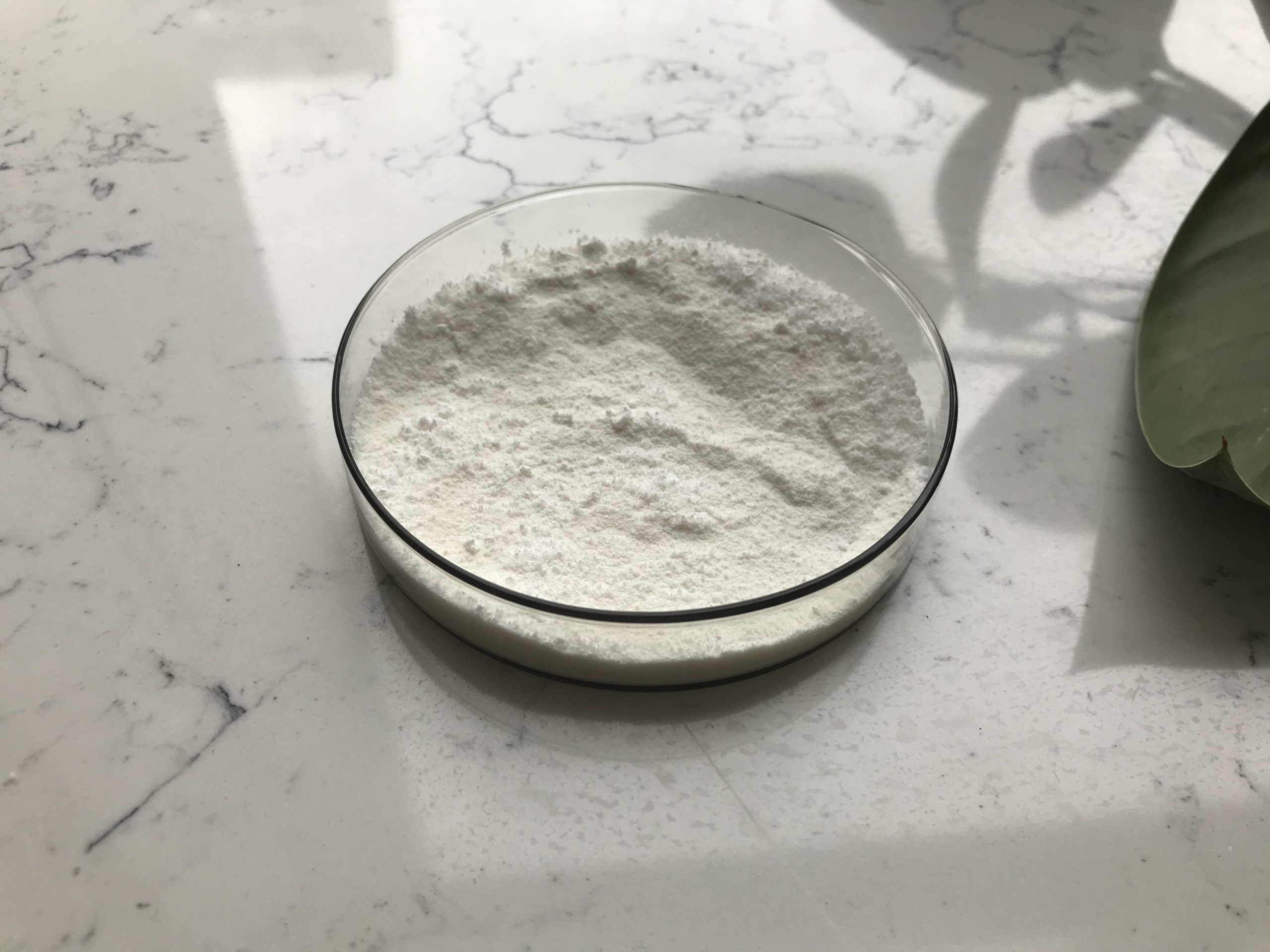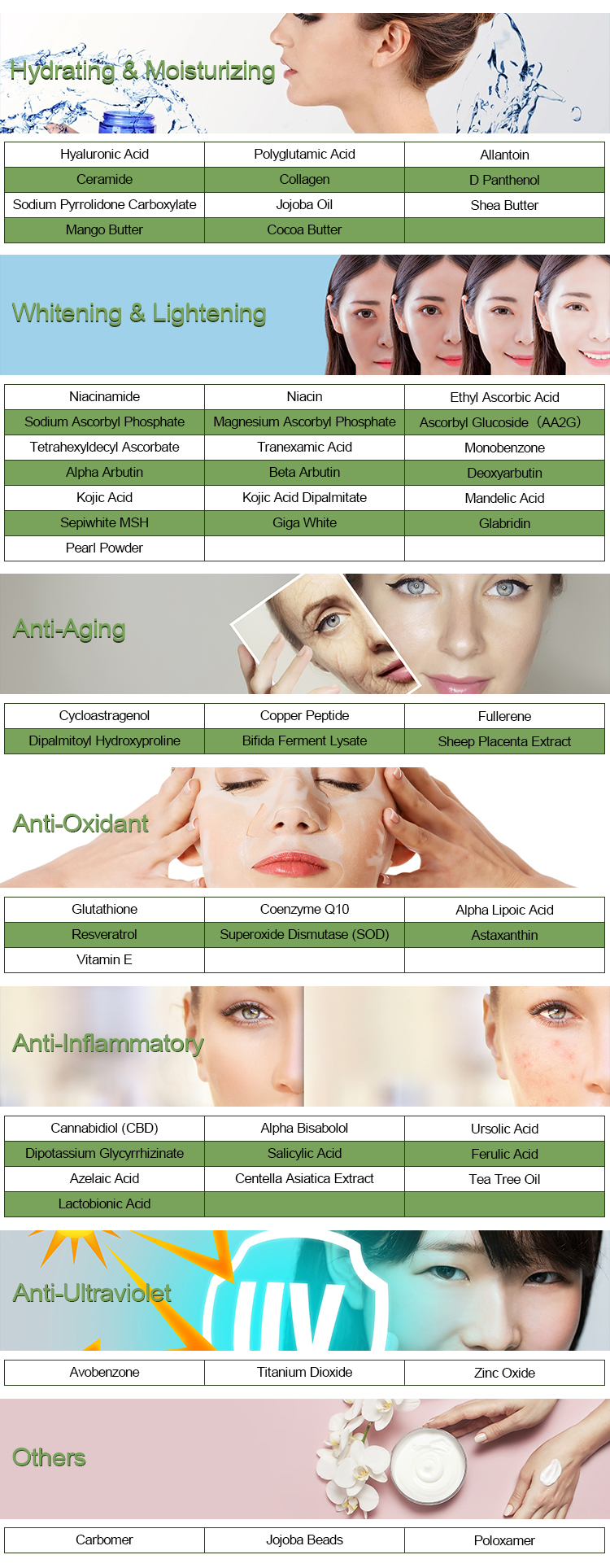Polyglutamic acid is a naturally occurring biopolymer that has gained popularity in the skincare industry due to its potential benefits for the skin. It is known for its ability to retain moisture and provide a range of skincare benefits. Here are some key points regarding the effectiveness, side effects, and special considerations of polyglutamic acid:
Effectiveness of Polyglutamic Acid:
Hydration: Polyglutamic acid is a powerful humectant, which means it can attract and retain moisture. It can hold several times its weight in water, making it an effective hydrating agent for the skin.
Barrier support: Polyglutamic acid helps strengthen the skin’s natural moisture barrier, reducing water loss and maintaining skin hydration. This can improve the overall appearance and feel of the skin.
Skin texture: Some users report that polyglutamic acid can help improve the texture and smoothness of the skin, potentially reducing the appearance of fine lines and wrinkles.
Brightening: It may also have brightening properties and can help even out skin tone.

Side Effects of Polyglutamic Acid:
Allergies: While polyglutamic acid is generally considered safe for most skin types, there is a possibility of an allergic reaction or skin sensitivity, though such cases are rare. It’s important to do a patch test before applying it all over your face if you have sensitive skin.
Product Formulation: The side effects and effectiveness of polyglutamic acid can also depend on the specific formulation of the product it’s contained in. Make sure to choose products from reputable brands.
Special Considerations of Polyglutamic Acid:
Compatibility: Polyglutamic acid is typically well-tolerated, but it’s important to consider its compatibility with other skincare ingredients you may be using. Always check for possible conflicts or interactions, especially if you have a complex skincare routine.
Sun Protection: While polyglutamic acid can help improve skin hydration, it does not provide UV protection. It’s essential to continue using sunscreen to protect your skin from the harmful effects of UV radiation.

Patch Test: As with any new skincare product, perform a patch test before using it all over your face. Apply a small amount to a discreet area of your skin and wait 24-48 hours to see if any adverse reactions occur.
Consult a Professional: If you have specific skin concerns or conditions, it’s a good idea to consult a dermatologist or skincare professional before incorporating polyglutamic acid into your routine. They can provide personalized recommendations based on your skin’s unique needs.
Polyglutamic acid can be a beneficial addition to your skincare routine, particularly if you’re looking to boost hydration and maintain a healthy skin barrier. However, individual results may vary, and it’s important to use it in conjunction with a well-rounded skincare regimen for the best outcomes.
